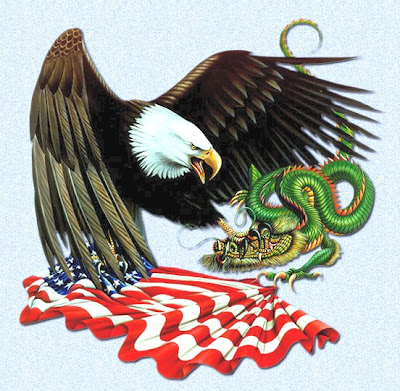
Despite Everything, This Is Still America
It was not the best of Barack Obama’s speeches — though even those opposing him and criticizing his leadership would admit that he is a remarkable speaker. Too many subjects, too little innovation, too much effort to show the receipts — something that always just proves that you don’t have enough. But the address, like the overall goings-on of the last few days, has emphasized that the Israeli-Palestinian story — no doubt the centerpiece of the current U.N. [General] Assembly — is only one aspect of the genuinely important global story: the issue of the status and capacities of the U.S.
Levi Eshkol, the wittiest among our prime ministers, once defined Israel by the Yiddish expression “Shimshon der nebechdicker,” that is, Samson [the hero] the nebech [poor]. Obama’s U.S. is “nebech der Shimshondicker.” Everyone can tell it’s fallen on hard times; the grave economic depression, identity problems, the domestic political split and rise of other outsider forces have sterilized the superpower. That is all true, but this is still America, and everybody is careful in respecting it and doesn’t want to find himself on the wrong side of its rage. This is the key to whatever is about to take place from now through the weekend, and afterward as well, since nothing is really going to be decided this week in New York.
Israel has not yet weaned from thinking of the Americans as the almighty force, speaking softly and carrying a big stick, in words of the president Theodore Roosevelt. According to this mindset, shared by all our prime ministers, if only the Americans side with us, everything’s going to be all right because they won’t hesitate to threaten with the stick or even wave it.
Obama’s America is trying to speak another language, more realistic as to its international situation — a language of cooperation. This language is perceived on our side and by the Palestinians, two peoples sunk in an old and bitter conflict, as a weakness or a turn inward. But the parties still fear the moment when the Americans bring to mind that they’ve got a stick and wave it at them.
Abu Mazen blames Obama for “putting him up a tall tree and then pulling away the ladder.” That is a childish accusation, characteristic of someone who hasn’t truly decided to be a leader, for a leader does not blame others for pushing him to a decision bearing so much heavy implications. Obama is also the one to apply enormous pressure intended to attain the majority against the Palestinian request in the Security Council and avoid the need in the American veto.
If Bosnia, Gabon or Portugal indeed abstain or vote against, that would be due to fear of hurting the American interest, not because of the brilliant rhetoric of the Prime Minister, Defense Minister (whom the Foreign Minister ridiculed yesterday, fairly, for his attempt to take credit for convincing Nigeria to abstain) or any other Israeli. Weakened or not, it’s still America.
On the whole, it’s fascinating to see how everyone praises diplomacy — on most days, the little and despised sister of the use of force or the threat of it. Netanyahu and Lieberman, who for months didn’t care to appoint an ambassador in the “Um-Shmum” [U.N.] and still haven’t assigned a political adviser there, are proud of the activities and accomplishments of the Ministry of Foreign Affairs. All of a sudden, everybody is seriously involved with the vote of Gabon — a country that it’s doubtful whether a hundred Israelis could point out on an unlabeled map of Africa. Every side fills out its familiar role: The Palestinians made a mistake; the Americans are concerned lest they manage to implement it in a way harmful for everyone; and the Israelis, as usual, are boasting that the whole thing is their handiwork to take pride in.
Meanwhile, on the ground, it’s quiet. Meticulous preparations by the military and police, and the clear-cut interest of the Palestinian security forces in preventing large-scale friction with the Israel Defense Forces or settlers, so far are withstanding minimal pressure from the Palestinian public. Over here, there’s a lot of talk about frustration — but even more than that, it seems to be the quietness of despair. Two exhausted peoples who know exactly what the final arrangement is going to be like, but have lost their faith that it’ll come in their lifetime, received another message yesterday conveying that international interference which would rescue them from themselves is just an illusion.
The U.S. is apparently strong enough to avert a unilateral declaration of the Palestinian state in the U.N. It has no vigor or desire to impose the second part of the Obama speech: the need for an agreement according to the outline he himself sketched in his speeches in May. Should Gabon, the new friend of the Jewish people, object Abu Mazen’s request, the U.S. would be spared from embarrassment. But we and the Palestinians, and no one else, will continue to stand here to our fate.
